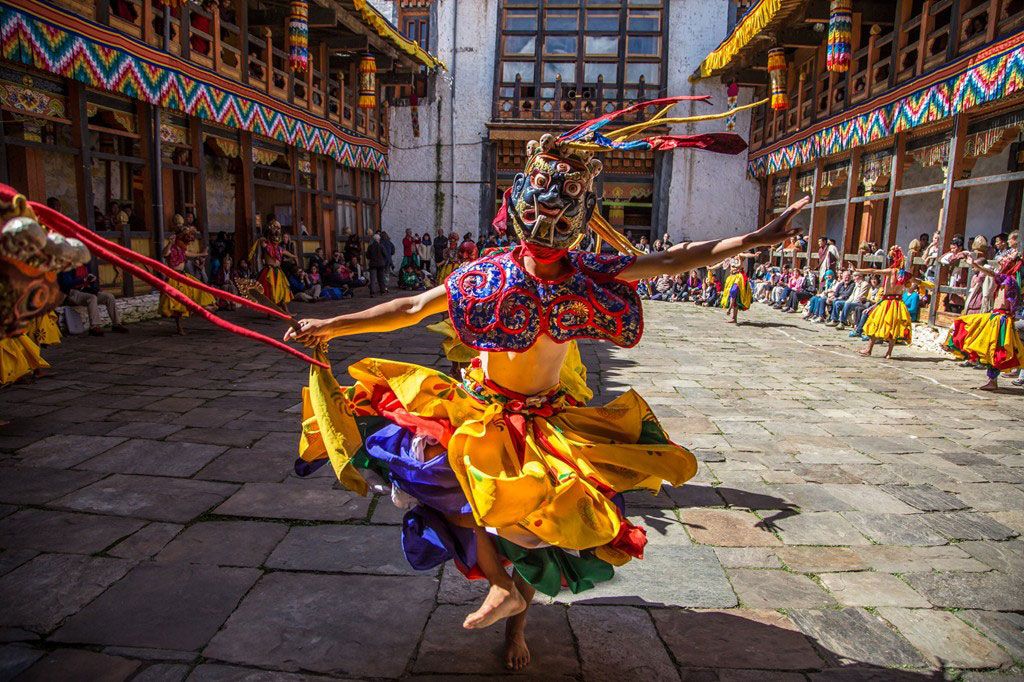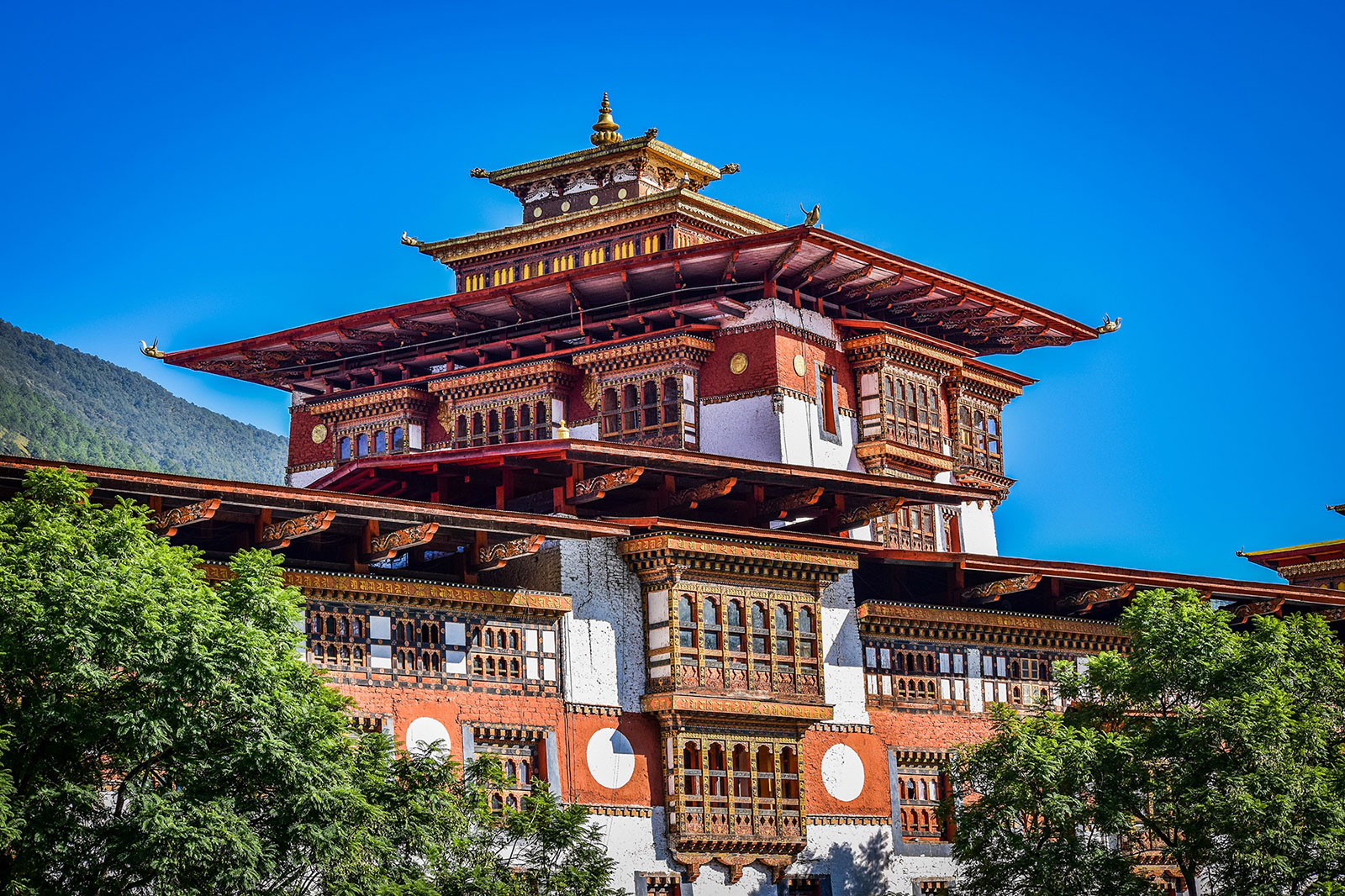With most of the formalities almost completed on the possession of 300 acre of reserved forest land at Kalimati and Sasboti in Hangay village, on lease from the government, the nation’s first commercial coffee plantation at Sipsoo in Samtse that Samdhen group has undertaken will begin this year.
Samdhen group’s consultant and chief executive officer, plantation division, Deo Dikshit, said they have only to sign a memorandum of understanding with agriculture and forests ministry. Following that, he said, coffee plantation would ensue, before the beans begin popping out in about three years of its maturity period.
“The full-fledged production will begin by the fourth or fifth year,” he said, adding the product would be called coffee arabica, which will strive to be among the best in the world to be marketed in Europe, the USA, Japan and Singapore.
“We also hope to market coffee arabica for domestic consumption,” Deo Dikshit said. “We’ll establish Bhutan as a grooming coffee brand name.”
Although some villagers in Hangay have already grown coffee before the company came to Sipsoo, most said they lacked the knowledge on the overall process, which they are now learning through the coffee plantation nursery.
Keshab Sharma of Hangay was the first person to grow coffee arabica back in 2002, when an Indian businessman from across the border came to sell coffee saplings.
“I was curious and bought two saplings for Nu 30 each,” he said. “Back then we didn’t know how to care for them, despite which it grew well.”
Since 2002, his fellow villagers also started growing coffee Arabica, although none of them how the plant was to be processed, until the recent project that came up in their area.
“We’re all glad we can grow it as a cash crop with the company that’s coming up,” the supervisor at the coffee nursery, Keshab Sharma, said. His job earns him about Nu 5,000 a month. Deo Dikshit said local farmers at Hangay will be involved in every stage of coffee production – from the nursery to the final production stage – to enable them to grow coffee in their own fields. “Besides being paid and trained, they’ll be able to things themselves,” he said.
It has been projected that a kilogram of coffee beans will fetch a farmer about Nu 20,000 a month for coffee plantation on a five-acre land.
Sipsoo, being susceptible to wild elephant rampages every year, the villagers lose a substantial amount of crop to wild elephants, owing to which most farmers largely depend on livestock.
Locals, who have grown coffee, however, said they saw coffee plantation as a viable source of income, since they observed that wild elephants showed no interest in coffee plants.
Source : kuenselonline









